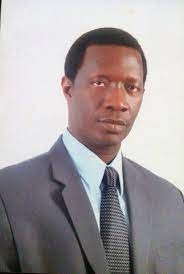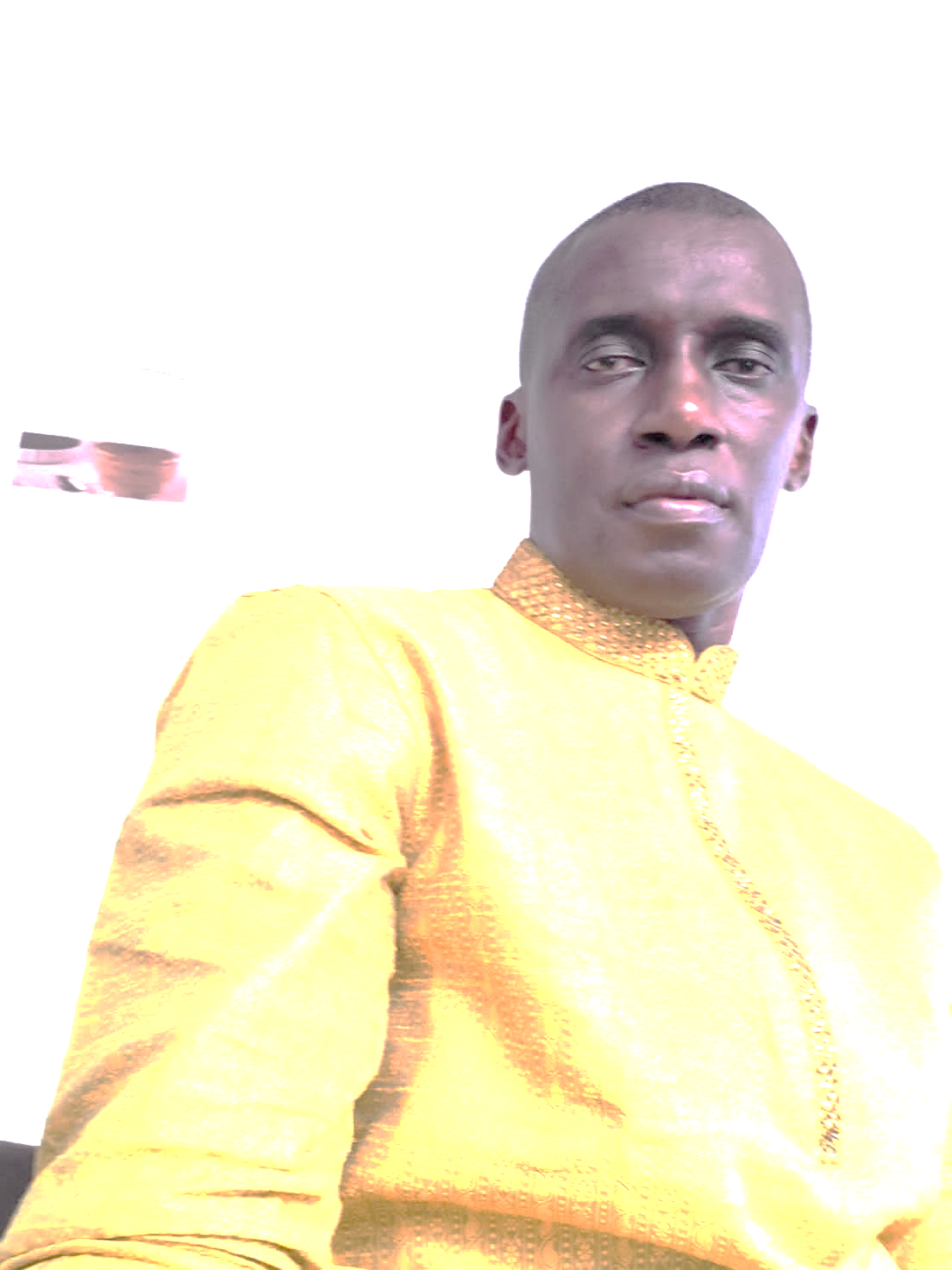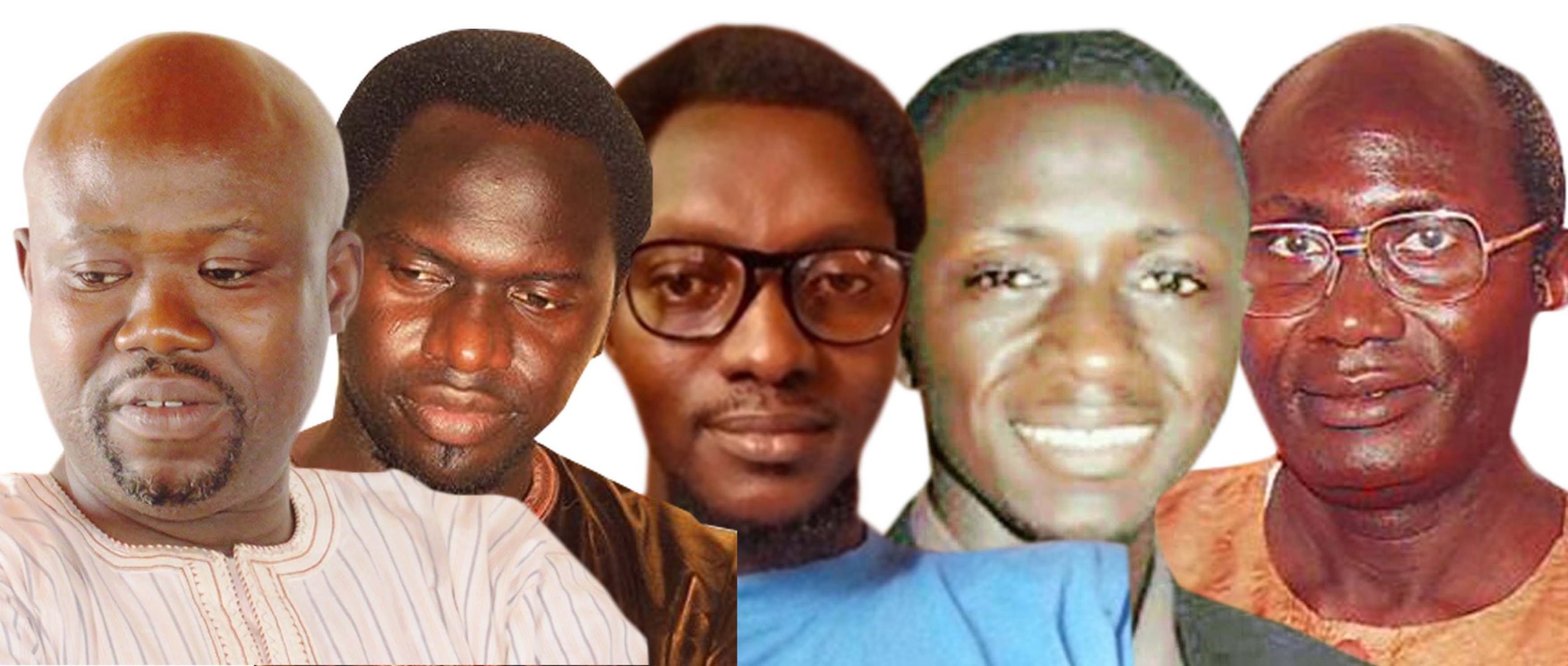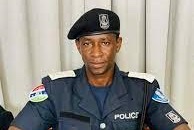By: Momodou Justice Darboe
The UDP diaspora secretary Dr. Lamin Manneh has asserted that the recently concluded National Dialogue was stage-managed to give an impression of unity and cohesion around the government’s National Development Plan (NDP) 2.
Last year, the Gambia government set the ball rolling for the implementation of NDP 2 now rebaptized YIRIWA but Dr. Manneh has been left with the thinking that the administration lacks the money to successfully implement the blue-print, hence the dialogue.
According to the diaspora secretary of the Gambia’s biggest opposition party, there was no major crisis in the country that should’ve triggered the national dialogue.
“I think the timing is difficult to understand because this is not a period where we have any major crisis or any issue in the country apart from the corruption and mismanagement of resources. Those have been there for a long time. So, there was nothing particularly urgent for a national dialogue,” Dr. Manneh said in an interview with Coffee Time With Peter Gomez aired on Tuesday. He continued: “But my inclination is to think that they have just launched the National Development Plan 2023/2027, which is already one year into implementation. And under that plan, they told us that the government needs 3.5 billion dollars for the optimistic scenario to implement the program and 2.8 billion dollars to implement the conservative program. And for both of those, they are telling us that they have just in excess of 800,000 million[dollars] for the 3.5 billion scenario and they expect to have just over 500,000 million dollars for the conservative scenario, which means we expect to have about 20 percent of the NDP funding. Eighty percent or so is supposed to come from foreign partners, which is not a good way to start programs, particularly the NDP. So given the situation of the country in terms of funding, the unavailability of external resources, and the unwillingness of most of the development partners to come in with a significant amount of money, I think the government is more or less cash-trappedto implement that program.”
Dr. Manneh maintained that the national dialogue was organized by the government to give an aura of unity around NDP 2.
“So, it[government]is trying to bring together the national political parties to give an impression of cohesion and unity around the program, which is commendable because if that program is properly implemented, it’s good for The Gambia, it’s good for Gambians. We applaud that. The only trouble is if you want to do that, you do it properly. You don’t bring us for a photo-op or just to validate something. And that’s the impression they are giving,” he added.
To Dr. Manneh, the government should have conducted an audit of the first phase of the NDP to inform the implementation of phase two.
“It would have been good to have an assessment and evaluation of the implemented NDP. What happened, what went wrong, what was implemented, and where we are, and then we move up to the second phase. They didn’t tell us what happened with National Development Plan 1 and they are moving to 2,” he stated.
He pointed out that an assessment and evaluation of NDP 1 would boost public and donor confidence.
“That reassures partners and Gambians. We know how much went into that program. The cost involved in the National Development Plan 2 is huge and I think that’s why the government went for the dialogue to show the development partners that there is unity in The Gambia to implement those programs so that they can have the assistance they need,” said Dr. Manneh. “We would have subscribed to that wholeheartedly because we want The Gambia to move forward but do it in a way which is cognizant of the diversity of opinion, cognizant of the different political parties, partners, and the civil society because this involves everybody not just political parties. Of course, everybody was there but the consultations were not what we expected,” added the UDP official.
According to him, the UDP has been looking forward to a national dialogue on several things that it thought could improve and promote national cohesion but was quick to point out that the recently-held National Dialogue wasn’t consultative enough.
“The only trouble is we would’ve thought that when you call for something as important as national dialogue, you would involve the different political parties in the preparation because there was a national preparatory committee that was set up. It would have been most appropriate if the different political parties were involved in that to prepare the dialogue and to agree on areas of discussion to define the terms of reference together so it would be much easier to handle and people could be more amenable to it,” he stated, adding: “Secondly, you give people time to prepare for it and during the dialogue, they take time to listen to each other to discuss issues. So, that was our concern because it seems to be very well stage-managed. People were barely given time to say hello and say a few words. So, that doesn’t look good. That looks like validating something that already exists. If we really want to have meaningful dialogue, we should sit around the table, agree on the issues to discuss, take time to discuss them, and move forward.”




